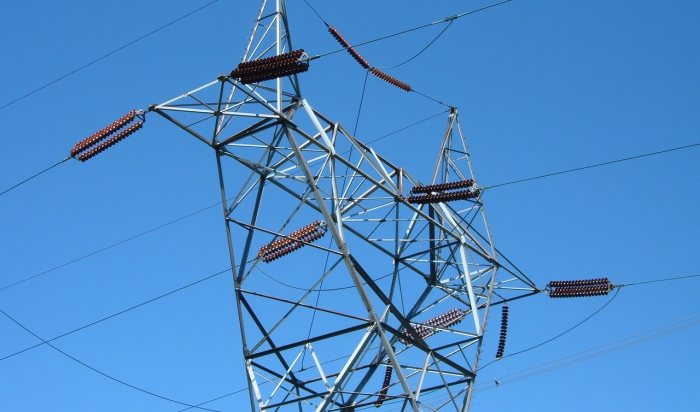
Image: patrickcmiller
A new mobile energy storage project led by University of Adelaide researchers is now supporting the electricity network serving Cape Jervis.
The system reduces peak load at the local substation, stabilises the area’s electricity supply and supports a number of customers in the event of a blackout – and all this is done automatically.
“This technology is novel because the mobile battery energy storage system’s operations are now completely autonomous,” said University of Adelaide School of Electrical and Electronic Engineering’s Associate Professor Nesimi Ertugrul.
While the University of Adelaide’s release doesn’t mention the specifications of the battery system, this page on the University’s web site indicates the storage aspect is comprised of LG Chem JH3 cells. These are also used in LG’s RESU home battery system (you can find RESU specifications in SQ’s solar battery comparison table).
“3 racks of 90kwh each have been installed, however, the system has been built with a view to increase this to a fourth rack (360kwh) in the future,” states the University.
The platform also uses the ABB PCS 100 inverter system and a custom control system developed by Power Technology Engineered Solutions.
Cape Jervis is situated around 107 kilometres south of Adelaide. One of the reasons it was chosen for the trial was it has a high saturation of PV-based solar power.
Recent data from the Clean Energy Regulator indicates at least 948 small scale solar systems were installed in the 5204 postcode as at April 30, with a collective capacity of 3.1MW. The population of this postcode in 2016 was 2,824, translating to a per capita installed capacity of around 1.1kW. This is very high compared to the Australian average of approximately 280 watts.
While having a small resident population, Cape Jervis is a busy place as it’s the base of ferry operations to Kangaroo Island. During summer, the town sees a large influx of people, resulting in high electricity demand.
Project partner SA Power Networks’ interest in the trial is the technology being a way of meeting peak demand for short periods of time, instead of more expensive investment in increased network capacity.
The battery system is part of a $3.65 million trial, which has been supported by the Australian Renewable Energy Agency (ARENA) with $1.44 million in grant funding.
University of Adelaide states performance data from the trials and other tests using the mobile test platform will be publicly available on the Australian Energy Storage Knowledge Bank website (yet to be made available at the time of publishing).

 RSS - Posts
RSS - Posts



Speak Your Mind